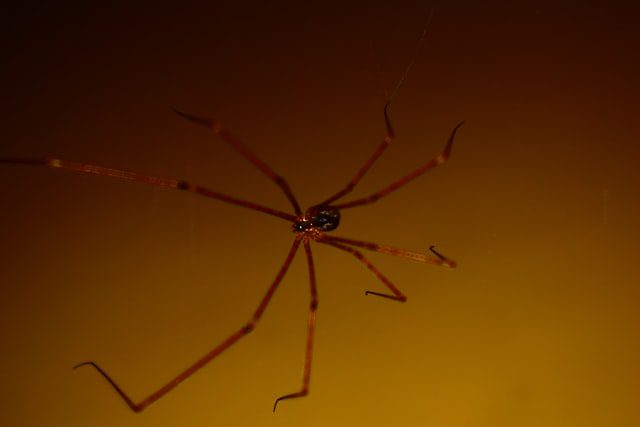Overview Of Spider Bites
Insect bites and stings can cause an immediate skin reaction. The bite from fire ants and the sting from bees, wasps, and hornets are most often painful. Bites caused by mosquitoes, fleas, and mites are more likely to cause itching than pain. Insect and spider bites cause more deaths from venom reactions than bites from snakes.
Commonly Associated With
Bee sting; Bed bug bite; Bites – insects, bees, and spiders; Black widow spider bite; Brown recluse bite; Flea bite; Honey bee or hornet sting; Lice bites; Mite bite; Scorpion bite; Spider bite; Wasp sting; Yellow jacket sting
Considerations
In most cases, bites and stings can be easily treated at home.
Some people have extreme reactions that require immediate treatment to prevent death.
Certain spider bites, such as the black widow or brown recluse, can cause serious illness or death. Most spider bites are harmless. If possible, bring the insect or spider that bit you with you when you go for treatment so it can be identified.
Symptoms Of Spider Bites
Symptoms depend on the type of bite or sting. They may include:
- Pain
- Redness
- Swelling
- Itching
- Burning
- Numbness
- Tingling
Some people have severe, life-threatening reactions to bee stings or spider bites. This is called anaphylactic shock. This condition can occur very quickly and lead to rapid death if not treated quickly.
Symptoms of anaphylaxis can occur quickly and affect the whole body. They include:
- Abdominal pain or vomiting
- Chest pain
- Difficulty swallowing
- Difficulty breathing
- Face or mouth swelling
- Fainting or lightheadedness
- Rash or skin flushing
Treatment Of Spider Bites
For severe reactions, first, check the person’s airways and breathing. If necessary, call 911 and begin rescue breathing and CPR.
Then, follow these steps:
- Reassure the person. Try to keep them calm.
- Remove nearby rings and constricting items because the affected area may swell.
- Use the person’s EpiPen or other emergency kits, if they have one. (Some people who have serious insect reactions carry it with them.)
- If appropriate, treat the person for signs of shock. Remain with the person until medical help arrives.
General steps for most spider bites and insect stings:
- Remove the stinger by scraping the back of a credit card or other straight-edged object across the stinger. Do not use tweezers — these may squeeze the venom sac and increase the amount of venom released.
Wash the site thoroughly with soap and water. Then, follow these steps:
- Place ice (wrapped in a washcloth) on the site of the sting for 10 minutes and then off for 10 minutes. Repeat this process.
- If necessary, take an antihistamine or apply creams that reduce itching.
- Over the next several days, watch for signs of infection (such as increasing redness, swelling, or pain).
Prevention
You can help prevent spider bites and insect stings by doing the following:
- Avoid perfumes and floral-patterned or dark clothing when walking through woods, fields, or other areas which are known to have a large number of bees or other insects.
- Avoid rapid, jerky movements around insect hives or nests.
- Do not put hands in nests or under rotted wood where insects may gather.
- Use caution when eating outdoors, especially with sweetened beverages or in areas around garbage cans, which often attract bees.



